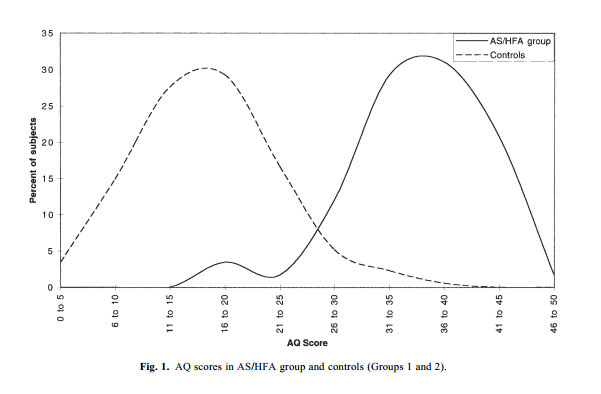I have a 19 yr old daughter whom I think may have HFA. There have been many quirks to her personality over the years, but most importantly and disabling is her inability to manage social situations. She has lost all but two friends from her school and college years, she tried to start uni this year, and this resulted in one panic/meltdown when she tried to move into her student digs. We came home and she continued to insist she would go, but a week later after attempting the first day she had another almighty panic/ meltdown. We brought her home, there has been no backlash to this, no emotion, disappointment, frustration anything!!! i truly believe she does not know how to understand herself and her feelings, as there was little conversation about going away, just a build up of anxiety a few weeks before ( but this was only evident by a few panic attacks). She has been put on AD for her anxiety, she watched the Chris Packham docu, and told me two days later that she felt she connected with everything he spoke about. I did my research, and feel she has many traits and the GP asked her to complete a questionnaire.We go back to GP tomorrow, and I'm just lost as to how to pursue this? It's all very new to me, and im worried the GP may dismiss our concerns as we have never raised any issues beforehand. to be honest, I thought many of her traits were things she may just grow out of, or gain confidence once at uni??? is there anything i should be doing that i simply don't know about, anyone out there on this forum who has had a similar experience? if someone thinks we are barking up the wrong tree , please say. The GP test was a score of 40/50 autism spectrum quotient test. Thank you
MOM




